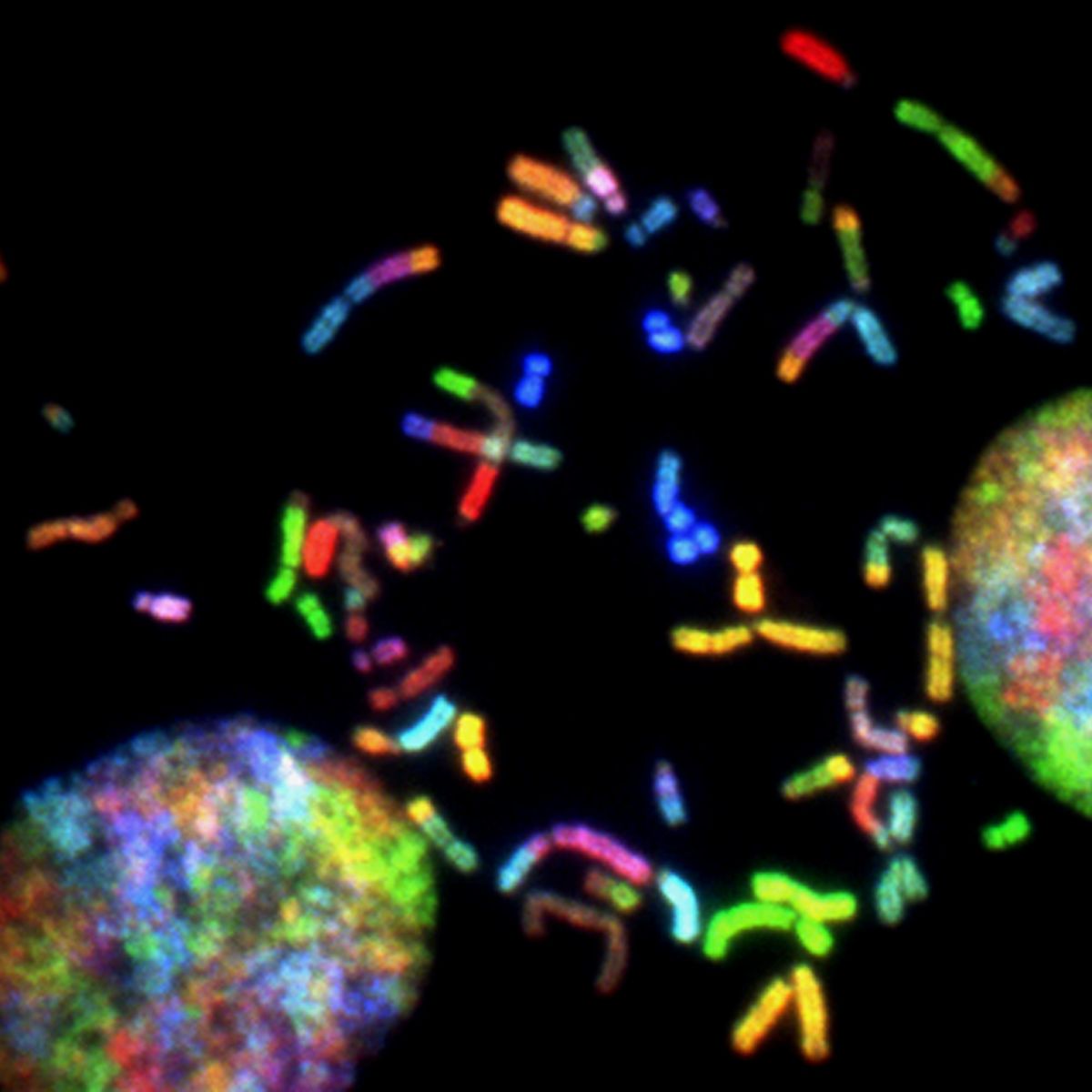Genetic Data Should be Private, Consumer Group Argues

Do you know who has your genetic data and what they’re doing with it? Insurance companies, employers and others have a strong desire to know who is likely to fall ill or display certain behavioral traits and there’s currently not much to prevent them from doing so.
“Unlike a password or credit card number, consumers’ DNA cannot be changed even if it has been compromised,” said John Breyault, the National Consumer League’s Vice President for Public Policy, Telecommunications and Fraud.
“While personal data of all types can be misused to harm consumers, the unique and inalterable nature of genetic data makes special privacy and security protections necessary. As access to genetic data becomes increasingly widespread in both private and governmental contexts, the threats of misuse have only grown,” Breyault said.
The NCL wants policymakers in Congress and the Biden Administration as well as industry leaders to adopt the organization’s new “Genetic Privacy Rights,” as guideposts for future actions to protect consumers’ genetic data. The group called for legislation, executive actions, and industry practices that protect the “complete confidentiality” of genetic data.
The organization further called for the adoption of an “ethical use” standard prohibiting the use of consumers genetic data for military, surveillance, and similar purposes.
Finally, given the emerging misuse of genetic data to violate human rights, the group called for protections against Americans’ genetic data being shared with countries deemed “foreign adversaries” of the United States.
Foreign adversaries collecting Americans’ data
The potential for misuse of genetic data has been highlighted by the activities of foreign adversaries of the United States.
For example, entities associated with the Chinese government have made it a priority to collect genetic data of American citizens to help build more effective surveillance technologies. The Russian government has also sought to collect genetic data to build “genetic passports” that experts believe could be used to build lists of individuals’ genetic traits and health risks.
“Clear rules of the road that give consumers’ genetic data the utmost legal protection is urgently needed,” said Breyault. “Consumers should be confident that when they share their genetic data with health care providers or private entities, that data will not be shared for purposes beyond which it was provided or with entities that are not committed to the ethical use of that data.”
The full list of NCL’s proposed genetic privacy rights is available here. A roadmap of potential legislative, executive, and industry actions is available here.
